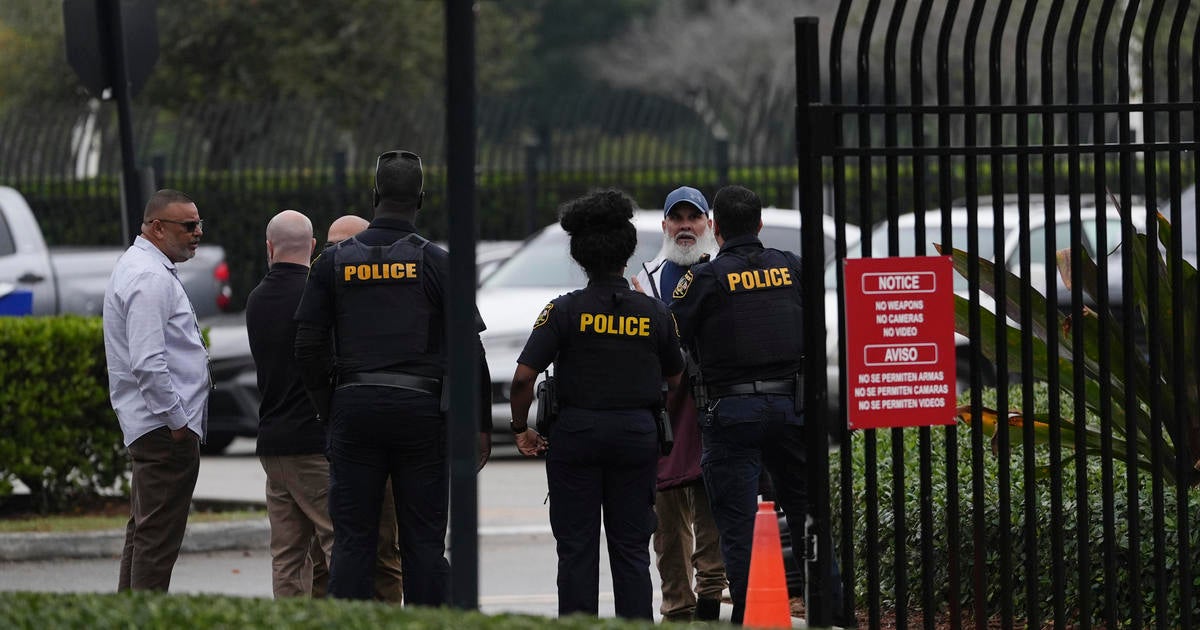President Trump has made headlines once again with his threat to impose steep tariffs on Colombia after the country’s government initially blocked the arrival of deportation flights from the U.S. However, a last-minute agreement has been reached between the two parties, averting a potential trade war.
The tension between the U.S. and Colombia began when the Colombian government objected to the Trump administration’s use of military planes to deport migrants back to Colombia. President Trump responded by announcing a series of retaliatory measures, including a 25% tariff on all goods from Colombia, which he threatened to raise to 50% after one week. He also imposed a travel ban and visa sanctions on Colombian government officials and their allies.
In a statement released late Sunday night, White House press secretary Karoline Leavitt announced that the Government of Colombia had agreed to all of President Trump’s terms. This includes accepting all illegal aliens from Colombia returned from the U.S. on military aircraft without limitation or delay. As a result of this agreement, the proposed tariffs and sanctions will be held in reserve unless Colombia fails to honor the agreement.
The Colombian Foreign Ministry also confirmed that an agreement had been reached, stating that the country had overcome the impasse with the U.S. The ministry emphasized its commitment to receiving Colombian deportees with dignity and ensuring their rights as citizens.
Prior to the agreement, Colombian President Gustavo Petro had publicly denounced the proposed tariffs and sanctions, vowing to respond with a 50% tariff on U.S. goods. He criticized the use of military planes to transport migrants, stating that it treated them as criminals. Petro also accused the U.S. of attempting to interfere in Colombia’s internal affairs.
Secretary of State Marco Rubio echoed President Trump’s stance, emphasizing Colombia’s obligation to accept repatriation flights and take back its citizens who are illegally in the U.S. He criticized President Petro for initially authorizing the deportation flights and then canceling them while the planes were in the air.
In response to Colombia’s actions, the U.S. State Department announced visa sanctions on individuals responsible for interfering with repatriation flight operations. Secretary Rubio also ordered a suspension of visa issuance at the U.S. Embassy in Bogota and authorized travel sanctions on those involved in the dispute.
The U.S. Customs and Border Protection agency implemented a travel ban on Colombian government officials and diplomats traveling with A and G visas. Enhanced customs inspections on cargo from Colombia were also put in place as part of the retaliatory measures.
The diplomatic standoff between the U.S. and Colombia highlighted the Trump administration’s aggressive approach to immigration enforcement. President Trump has sought to increase the role of the military in immigration enforcement, deploying additional troops to the southern border to assist Customs and Border Protection in securing the border.
The use of military aircraft to deport migrants back to their home countries has been a controversial aspect of the administration’s immigration policy. While President Trump views it as a necessary step to combat illegal immigration, critics argue that it dehumanizes migrants and violates their rights.
The agreement reached between the U.S. and Colombia represents a temporary resolution to the diplomatic dispute. However, the underlying issues regarding immigration enforcement and the treatment of migrants remain unresolved. The future of U.S.-Colombia relations will likely be shaped by how both countries address these complex and contentious issues.
As the situation continues to evolve, it is essential for both parties to engage in constructive dialogue and find mutually acceptable solutions. The handling of immigration issues requires a delicate balance between enforcing the law and respecting the rights and dignity of individuals. Only through cooperation and respect can the U.S. and Colombia navigate the challenges posed by illegal immigration and deportation.









